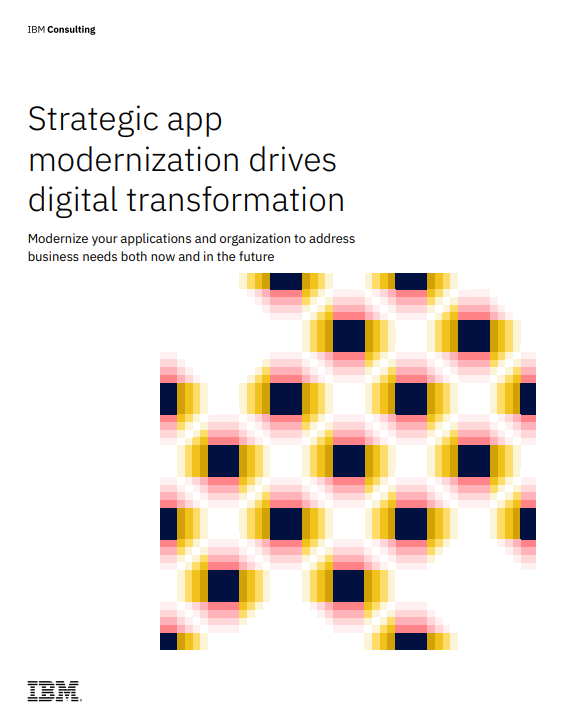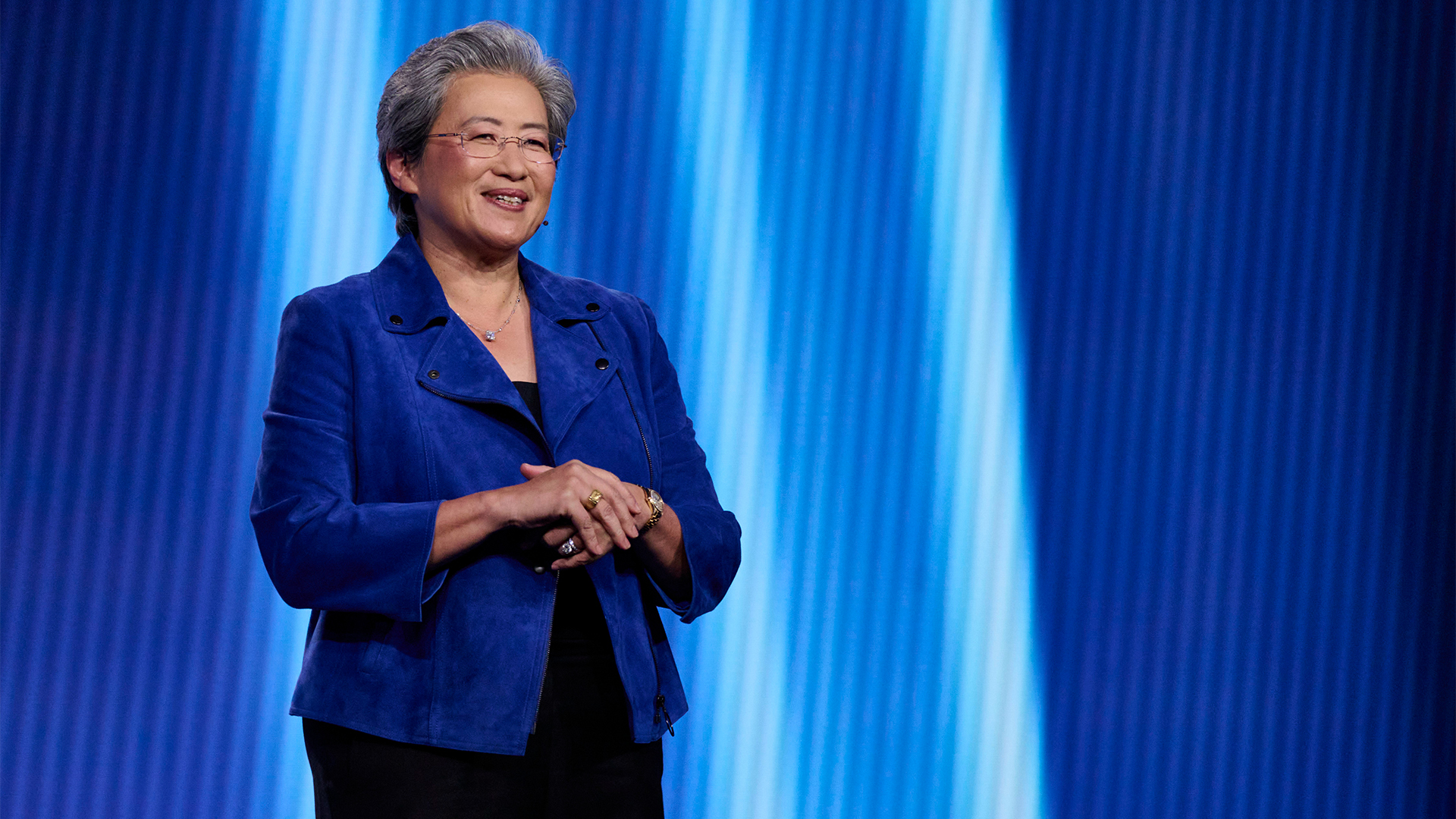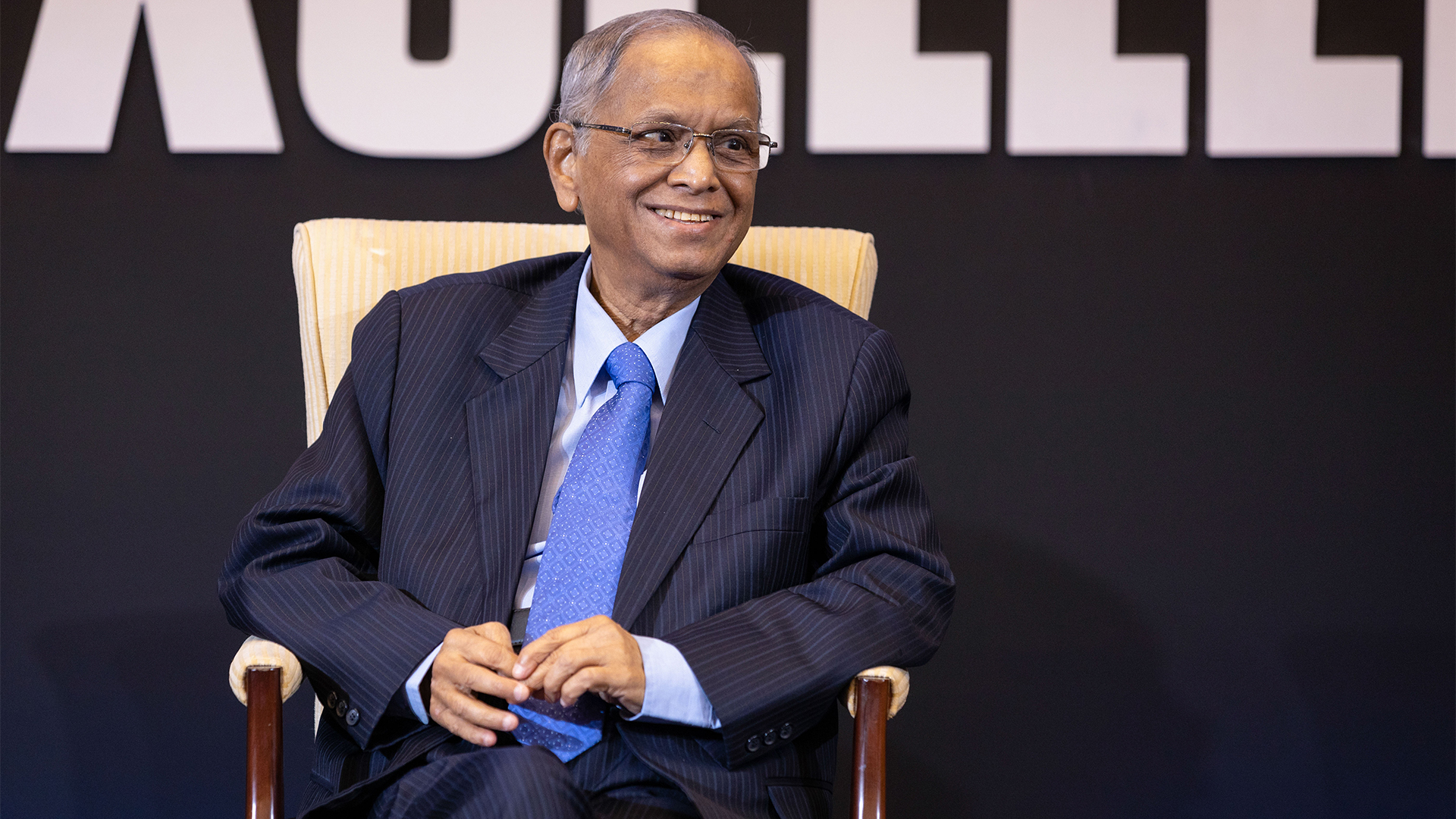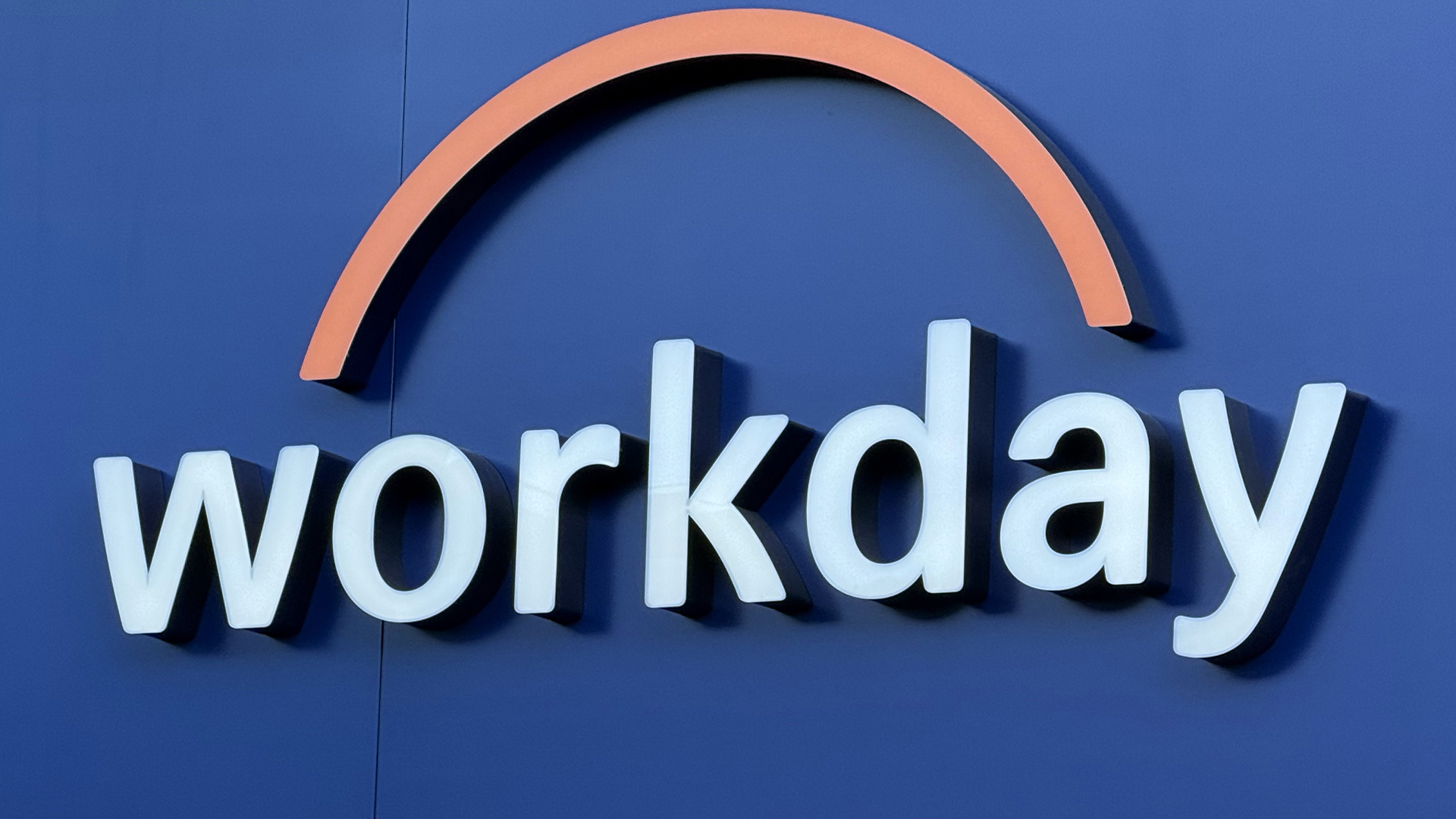LinkedIn: Demand for remote jobs increases but opportunities are waning
Three of the top four priorities candidates have all emerged as a result of the pandemic


New data revealed that companies are posting fewer remote job positions although the demand for them has increased.
Fully remote job postings reached an all-time high in February 2022 comprising 20% of all listings but attracting 50% of the total number of job applications, according to LinkedIn’s October 2022 Global Talent Trends report.
RELATED RESOURCE

Strategic app modernisation drives digital transformation
Address business needs both now and in the future
By September this year, employers scaled back remote job posting to 14% of all posts on the platform but these still attracted 52% of all site-wide applications in the US.
Remote jobs also continue to be popular around the rest of the world, LinkedIn said. In the UK, 9% of posts were for remote jobs and they received 20% of all applications.
Simialr findings were made in Germany - 9% of the job postings were remote positions and they attracted 22% of all applications. India's fully remote job postings stood at 10%, attracting 21% of all applications for them on the site.
LinkedIn also underlined that candidates continue to highly rank three priorities that came about as a result of the pandemic: a work-life balance, flexible work arrangements, and upskilling. These three were only beaten by compensation as the top priority candidates have, as of August 2022.
“Even facing an uncertain future, people still highly value two areas of work life that have gotten a lot of attention since the start of the pandemic: work-life balance, and flexible-work arrangements – including remote work. I expect those two attributes to remain top talent drivers for years to come,” said Jennifer Shappley, VP of global talent acquisition at LinkedIn.
Sign up today and you will receive a free copy of our Future Focus 2025 report - the leading guidance on AI, cybersecurity and other IT challenges as per 700+ senior executives
Additionally, LinkedIn also found that hiring is levelling off after historic highs, and discovered that the hiring rate in a sample of 14 countries has decreased in all of them in the past year. In the US, hiring has gone down 13%, in the UK it has decreased by 11%, while in India it has decreased by 18%.
“This year we are seeing a slower pace of growth, as the economy comes back down to earth after a meteoric rise last year in one of the fastest recoveries we have ever seen,” said Karin Kimbrough, chief economist at LinkedIn.
“Nevertheless, labour-market dynamics remain tight. So, in many ways, employees still hold the power to demand more from their employers when it comes to salary, flexibility, and benefits. But this power balance is likely to start levelling out in the coming months.”
The report also found that workers are bracing for an economic downturn. LinkedIn’s Workforce Confidence Index measured eight countries’ candidates’ and employees’ confidence in their ability to better their financial situation, which has decreased or remains low.
The point change from January to August 2022 was -3 for Japan, -5 for the US, and -7 for Germany. The UK came last with -10. However, France ranked 0, Australia +2 and the Netherlands ranked +1.
Employees continuing to prioritise remote working positions comes as some companies have been attempting to usher their workers back to the office.
In May 2022, the widespread return-to-office efforts caused a former Apple executive to join rival Alphabet after he left the company because of its strict return-to-work policy.
Ian Goodfellow previously oversaw machine learning and artificial intelligence at Apple and reportedly left the company due to a lack of flexibility in its workplace policies.
Zach Marzouk is a former ITPro, CloudPro, and ChannelPro staff writer, covering topics like security, privacy, worker rights, and startups, primarily in the Asia Pacific and the US regions. Zach joined ITPro in 2017 where he was introduced to the world of B2B technology as a junior staff writer, before he returned to Argentina in 2018, working in communications and as a copywriter. In 2021, he made his way back to ITPro as a staff writer during the pandemic, before joining the world of freelance in 2022.
-
 Microsoft unveils Maia 200 accelerator, claiming better performance per dollar than Amazon and Google
Microsoft unveils Maia 200 accelerator, claiming better performance per dollar than Amazon and GoogleNews The launch of Microsoft’s second-generation silicon solidifies its mission to scale AI workloads and directly control more of its infrastructure
-
 Infosys expands Swiss footprint with new Zurich office
Infosys expands Swiss footprint with new Zurich officeNews The firm has relocated its Swiss headquarters to support partners delivering AI-led digital transformation
-
 Lisa Su says AI is changing AMD’s hiring strategy – but not for the reason you might think
Lisa Su says AI is changing AMD’s hiring strategy – but not for the reason you might thinkNews AMD CEO Lisa Su has revealed AI is directly influencing recruitment practices at the chip maker but, unlike some tech firms, it’s led to increased headcount.
-
 Keeper Security expands federal bench with latest senior hires
Keeper Security expands federal bench with latest senior hiresNews The security vendor has bolstered its federal team to support zero-trust access, operational execution, and government modernization efforts
-
 HackerOne eyes enterprise growth with double C-suite appointment
HackerOne eyes enterprise growth with double C-suite appointmentNews Seasoned industry executives Stephanie Furfaro and Stacy Leidwinger have joined the cyber security vendor’s executive team
-
 Infosys co-founder Narayana Murthy called for a 70 hour week last year — now he says that’s not enough
Infosys co-founder Narayana Murthy called for a 70 hour week last year — now he says that’s not enoughNews Murthy thinks longer hours akin to China’s '996' approach are the key to success
-
 Enterprises are cutting back on entry-level roles for AI – and it's going to create a nightmarish future skills shortage
Enterprises are cutting back on entry-level roles for AI – and it's going to create a nightmarish future skills shortageNews AI is eating into graduate jobs, and that brings problems for the internal talent pipeline
-
 AI resume screening, recruiter chatbots, and ‘ghost jobs’ are causing havoc for struggling entry-level workers
AI resume screening, recruiter chatbots, and ‘ghost jobs’ are causing havoc for struggling entry-level workersNews A new report shows employers are cutting back on entry-level hiring, but expect things to improve eventually
-
 Workday snaps up AI-powered conversation recruitment platform, Paradox
Workday snaps up AI-powered conversation recruitment platform, ParadoxNews Workday will integrate Paradox’s AI-driven candidate experience agent to help deliver talent faster
-
 Microsoft could be preparing for a crackdown on remote work
Microsoft could be preparing for a crackdown on remote workNews The tech giant is the latest to implement stricter policies around hybrid working without requiring a full five days in the office
